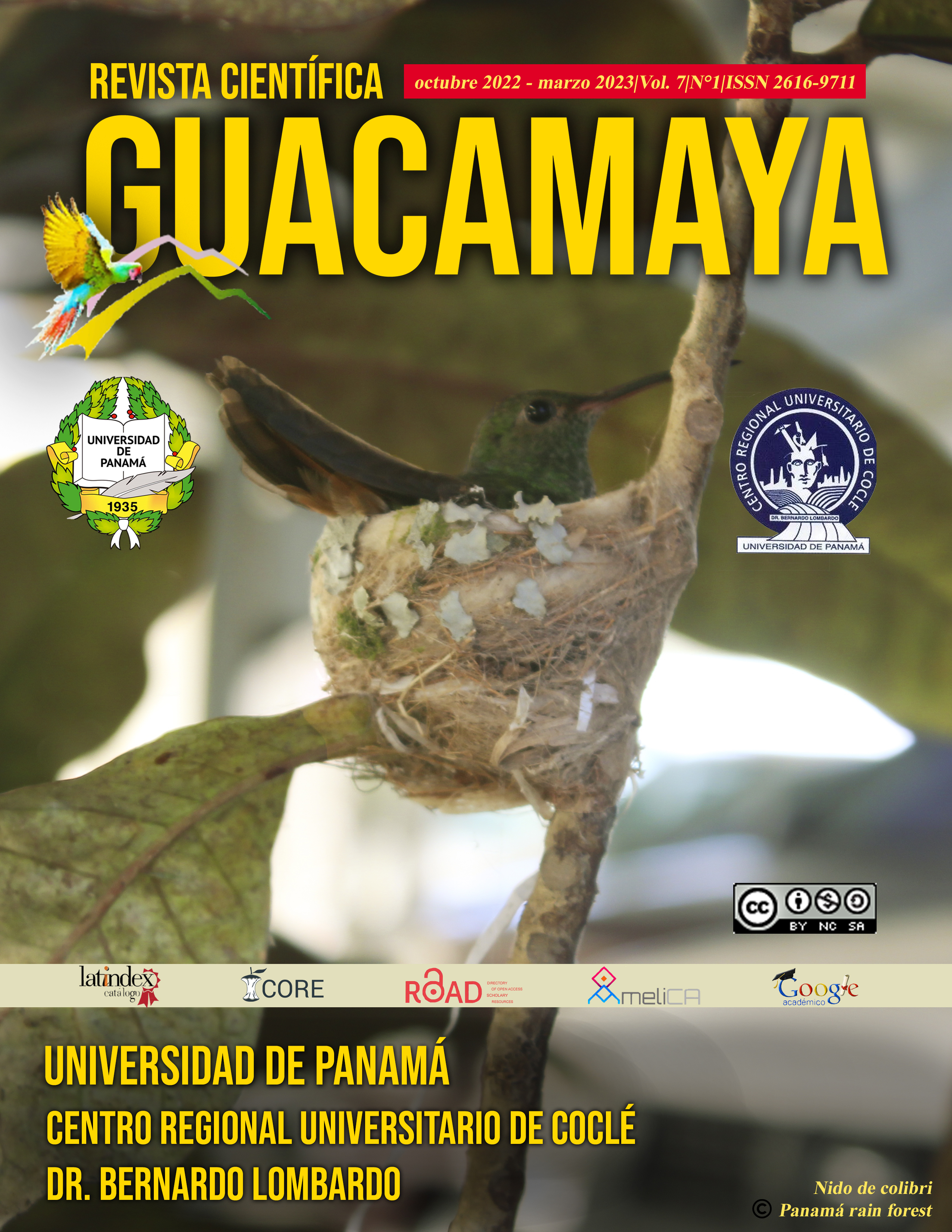


This work is licensed under a Creative Commons Attribution-NonCommercial-ShareAlike 4.0 International License.
In the last fifty years, the environmental crisis, whether of natural or anthropic origin, has become one of the main public health problems in the world. Peru is no exception, least of all now, whose ocean has just suffered the most serious oil spill in its history, causing an ecocide of incalculable magnitude that has generated general indignation and suffering in the families directly affected by the disaster.
This planetary climate crisis, which manifests itself in different ways, from heat waves and cold waves, to forest fires, floods and storms, provokes disturbing emotions in society, such as climate anxiety.
Relatively little is known about how climate change influences the mental health and well-being of the population. However, the scientific society already includes the term "eco-anxiety" to diagnose the person who suffers disturbances as the "chronic fear of environmental disaster", whose most common manifestation is expressed in episodes of pain, despair and even panic attacks. . In more extreme cases, the affected person makes drastic decisions such as not having children for fear of their future quality of life.
The method applied for this essay was the analysis of the contents related to eco-anxiety published in the last five years. A review of this literature found that increased temperatures and extreme weather events, particularly hurricanes, floods, and wildfires, are related to sleep disruption and decreased sleep duration. A 1°C increase in monthly nighttime temperatures is associated with an increase of three nights of insufficient sleep for every 100 people in the United States; Traumatic exposure to flooding is associated with sleep problems, fear, and depression.
According to recent research, specifically on eco-anxiety or climate anxiety, for example, in Finland and the United States, they reveal that a large number of people admit to suffering from some type of anxiety of this type. Similarly, women and people under the age of 35 express greater anguish about climate change. Compared to men, women experience more significant stress and anxiety, with higher rates of post-traumatic stress disorder (PTSD) after a disaster, compared to men.
Thus, eco-anxiety comprises the link between climate change and anxiety associated with perceptions about the negative impacts that occur with it.
Most of the evidence taken for this essay came from Western countries, so greater clarity and theoretical development of the concept is required in Latin America and, particularly in Peru, to advance the conceptual understanding of eco-anxiety. . One of these sources was the study focused on the impacts on mental health caused by the ecological crisis, among others. Finally, when reviewing the literature on the terms "disaster" and "catastrophe", we find it as synonymous with "cataclysm" and "calamity", but the latter are less used.